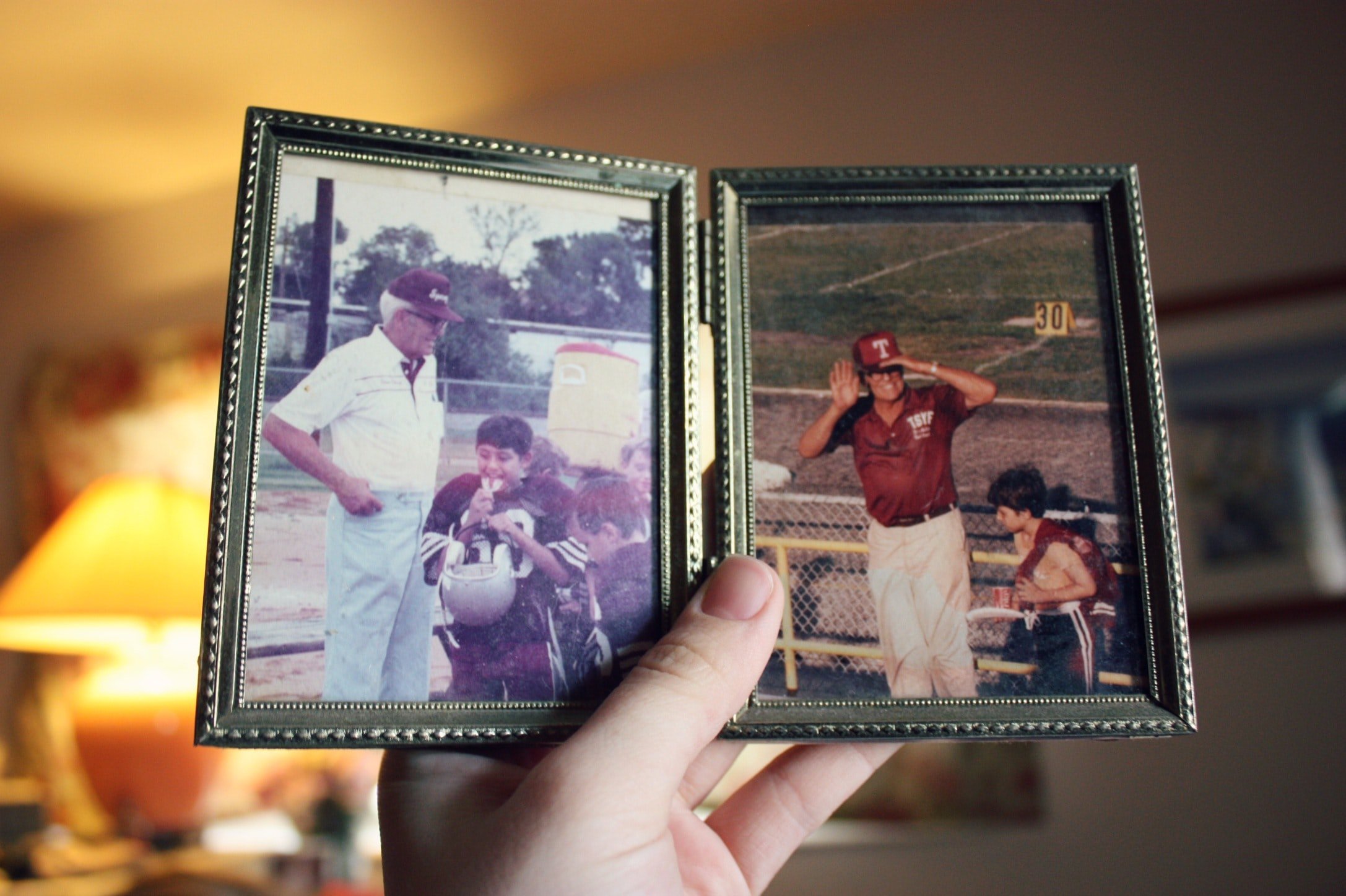Missing Loved Ones this Thanksgiving?
November ushers breathtaking colors of autumn, crisp nights, first snowfalls, family gatherings, everything pumpkin, turkey and stuffing, early Christmas shopping, and so much more. It is a wonderful time of year anticipating time off work and school to enjoy family hangouts, gorging ourselves on food and football, and decorating for Christmas. Thanksgiving is a time of thanks-giving.
However, for those who have lost a loved one, giving thanks may be challenging. This joyous time of year puts a spotlight on the one who is missing, the empty chair, the pain of loss. Holidays magnify joys and also sorrows. Holidays once held dear may feel lonely and almost unbearable without our loved one present. To a grieving heart, giving thanks at Thanksgiving may feel like a cruel expectation.
How can we help the bereaved this season?
Acknowledge loss. If possible, invite those who are alone to join you for a holiday meal or treat them to a meal sometime throughout the holiday season. I loved that my Dad’s neighbors would fix a big plate of food and drop it by his farm. Communicate care through cards, a phone call, or a simple text of “you are in my thoughts as you face this day without (name).”
We often don’t want to “bring up the topic” for fear it will make the bereaved sad. Trust me, they are always thinking of their loved one. So when you ask about their loved one it gives them opportunity to talk about them. It is a way to honor them and their loved one. An underlying fear for the bereaved is that their loved one will be forgotten so sharing special memories you have of their loved one can bring comfort and often a smile. And please, say their name.
If you are currently walking in the wilderness of grief, how do you give thanks when your heart is broken?
Right now, grief may feel all consuming. CS Lewis spoke of the death of his beloved wife, “Her absence is like the sky. It covers everything.”
This holiday you are grieving, but are you allowing yourself to mourn? Grief and mourning are often used interchangeably but they are different. Grief is the conflicting emotions we feel inside. Mourning is the outward expression of our grief. To process grief we must get what’s inside outside. Emotions want to be expressed in healthy ways. Mourning may involve tears, talking about your loved one, journaling, physical exercise, or expressing pain through the arts of music, dance, or painting. There are many ways to mourn and express the depth of our loss. Please know, the more we push grief away, the more it will cling. Emotions want motion. Grief needs mourning.
Make and take time
Do you fear your memories will fade?
Though we cannot schedule grief, we can schedule times to remember. And in choosing to remember there is opportunity to mourn, to get what’s inside outside. Intentionally schedule time to sit with your grief. Grab the photo albums. Perhaps list out what you miss about your loved one. As you embrace grief and what you have lost, you then have a chance to embrace their life and all they brought to you. What you miss is a reminder of what that person brought to your world. It is amazing how the human heart can simultaneously hold grief with gratitude. They come paired together like two sides of the same coin, both possessing great value.
Another way to turn our hearts to thanks-giving is to be present. Grief naturally focuses on the past or a changed future. Yet we can only live in this present moment. Allow your five senses to guide you. In the midst of feeling your loved one’s absence, is there something your eyes see that you can be thankful for? Is there a smell that brings joy to you? What are the sounds you hear around you: a bird, leaves falling or crunching under your feet, even the steadiness of your own breath? Though we may not be able to give thanks for all that has happened, we have the opportunity to give thanks for beauty, and kindness, and friends and family who love us.
This season, understandably, you are more aware of the pain of love and loss. The arrow of grief always points to what is important to us. I believe that as you acknowledge grief and mourn your loss, you will uncover what is underneath your grief. You will get down to bedrock - the bedrock of love. This firm bedrock reminds us that death cannot erase love nor relationship. (My Dad will always be my Dad and me his little girl.) Though your loved one is not here physically, their influence will be with you for a lifetime. And for that we can give humble thanks.
Dana Russo is the founder of HOPE RISES, a practice offering grief care and mental health counseling. She holds two certifications in death and grief studies and is a trained Spiritual Director. Her most profound teachers remain the bereaved and those they love. www.hope-rises.com







